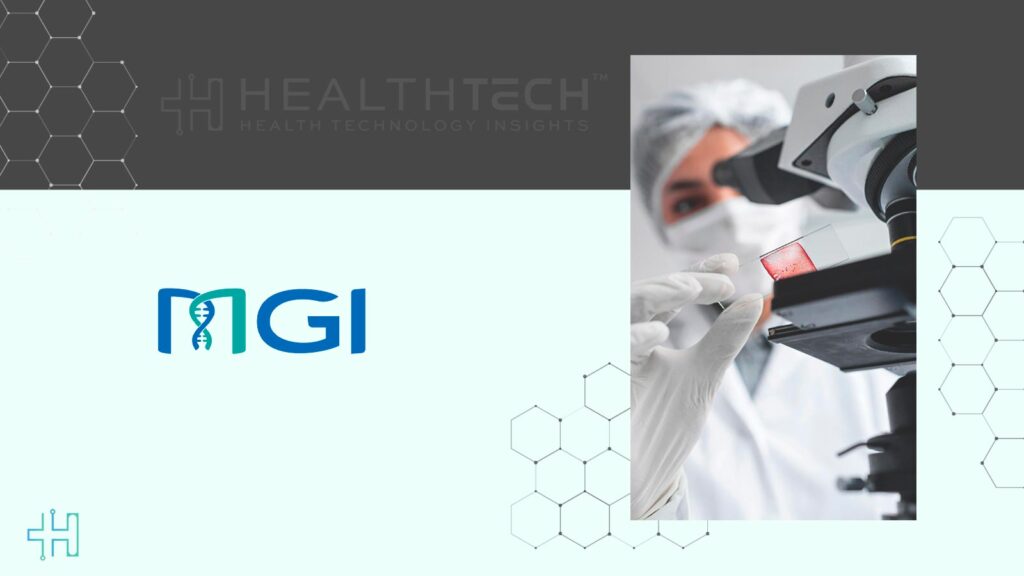MGI Tech Co., Ltd. has partnered with Lincoln University in Canterbury to bring a transformative change to New Zealand’s viticulture industry. This collaboration focuses on using genomics to develop grapevines and hops that are naturally resistant to pests and diseases, reducing the need for chemical treatments. The initiative aligns with a broader push in agriculture to embrace sustainable practices and move away from chemical dependence. With wine exports valued at over two billion dollars annually, enhancing the environmental sustainability of this sector is both an economic and ecological priority.
Health Technology Insights: GT Medical Technologies Names Rush a GammaTile Center of Excellence
Viticulture is a key export industry for New Zealand, but growers face increasing pressure to meet environmental expectations. Grapevines are highly vulnerable to fungal infections, often requiring heavy pesticide use to maintain yield and quality. The country uses over three thousand tonnes of pesticides each year, many flagged as potential carcinogens by the US Environmental Protection Agency. Climate change further complicates matters by increasing disease risks through warmer, wetter, and less predictable conditions. These challenges demand new approaches that can safeguard both crop performance and environmental health.
To tackle these problems, researchers at Lincoln University are applying advanced genomic tools to analyze thousands of grapevine DNA samples. Their goal is to identify natural traits that improve resistance to disease and environmental stress. Associate Professor Christopher Winefield, from Lincoln’s Department of Wine, Food and Molecular Biosciences, has played a leading role in this work. With the integration of MGI’s high-throughput sequencing technology, his team can now scale their research more widely across the country. Winefield explained that this shift enables the development of precision breeding and disease monitoring strategies that are more effective and far less reliant on chemicals.
Health Technology Insights: OneOncology Names Ian Wong Chief Operating Officer
A major part of this advancement is the installation of the MGI DNBSEQ-G400 sequencing platform, which allows the lab to test over fifty thousand samples each year, compared to just a few hundred in the past. This volume enables faster research and more responsive vineyard management. According to Winefield, “The introduction of MGI sequencing tools has really helped small teams like mine. The cost is highly competitive. We’re now looking to process up to 50,000 samples a year — we couldn’t do that without MGI’s support.” The system also allows real-time detection of pests such as mealybugs and powdery mildew, helping growers shift from scheduled spraying to evidence-based interventions, ultimately lowering chemical usage and improving plant resilience.
Looking ahead, the project has strong commercial ambitions. Winefield and his team plan to launch a startup offering affordable genomic testing across agriculture, from viticulture to dairy. They aim to process one million samples in their first year, scaling to ten million within five years. “This is about bringing world-class science to farmers,” Winefield said. “Our goal is to process a million samples annually at launch and grow to 10 million within five years.” This model would empower even small-scale farms to make data-driven decisions, increase productivity, and lower environmental impact. With New Zealand’s diverse climates and advanced research infrastructure, Winefield sees this work not only benefiting local agriculture but also shaping more sustainable farming practices worldwide.
Health Technology Insights: OMRON Devices Detect Early Heart Failure Risk in Study
To participate in our interviews, please write to our HealthTech Media Room at sudipto@intentamplify.com








